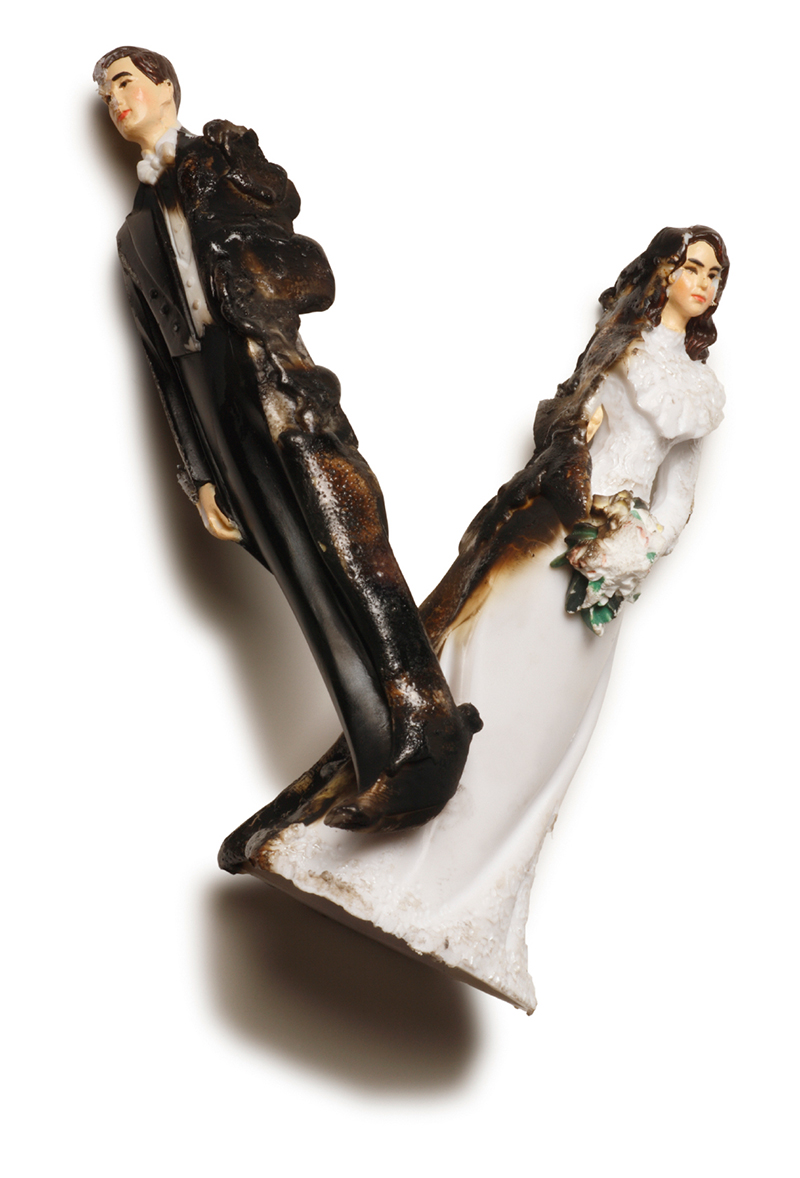
In a special NLJ two-part series Margaret Hatwood discusses the increasing trend of parties asking for consent orders to be set aside
A consent order can only be set aside in limited circumstances. These are: non-disclosure; fraud or misrepresentation; supervening events which invalidate the whole basis of the order; and undue influence.
There are two ways of contesting a consent order: (i) an application for leave to appeal out of time; or (ii) an application to set aside the order. The latter course of action is more appropriate in cases of non-disclosure or fraud. However, in Robinson v Robinson (Disclosure) (1983) 4 FLR 102, CA Ormrod LJ said that while applications to set aside could be made by either a new action or an appeal to a higher court, there was much convenience in an application to the judge who made the original order who could determine the application and then make a new order if appropriate.
Non-disclosure
In Boker-Ingram v Boker-Ingram [2008] EWHC 1167, 10 days after a consent order had been made, H entered into a new contract









